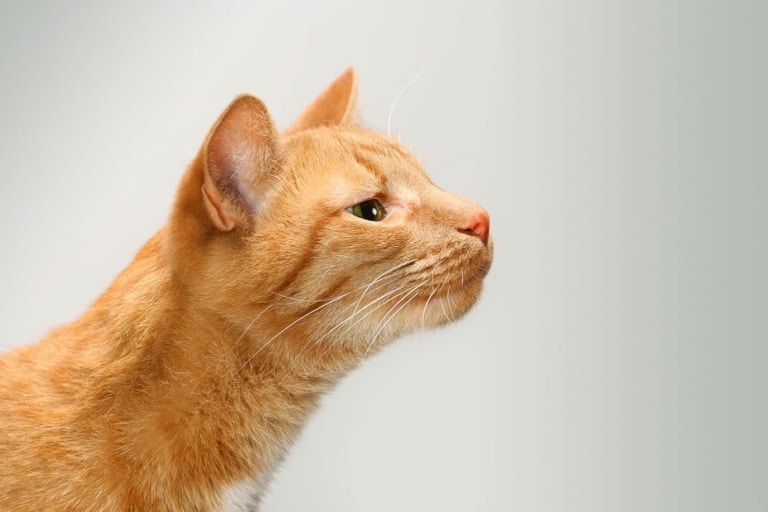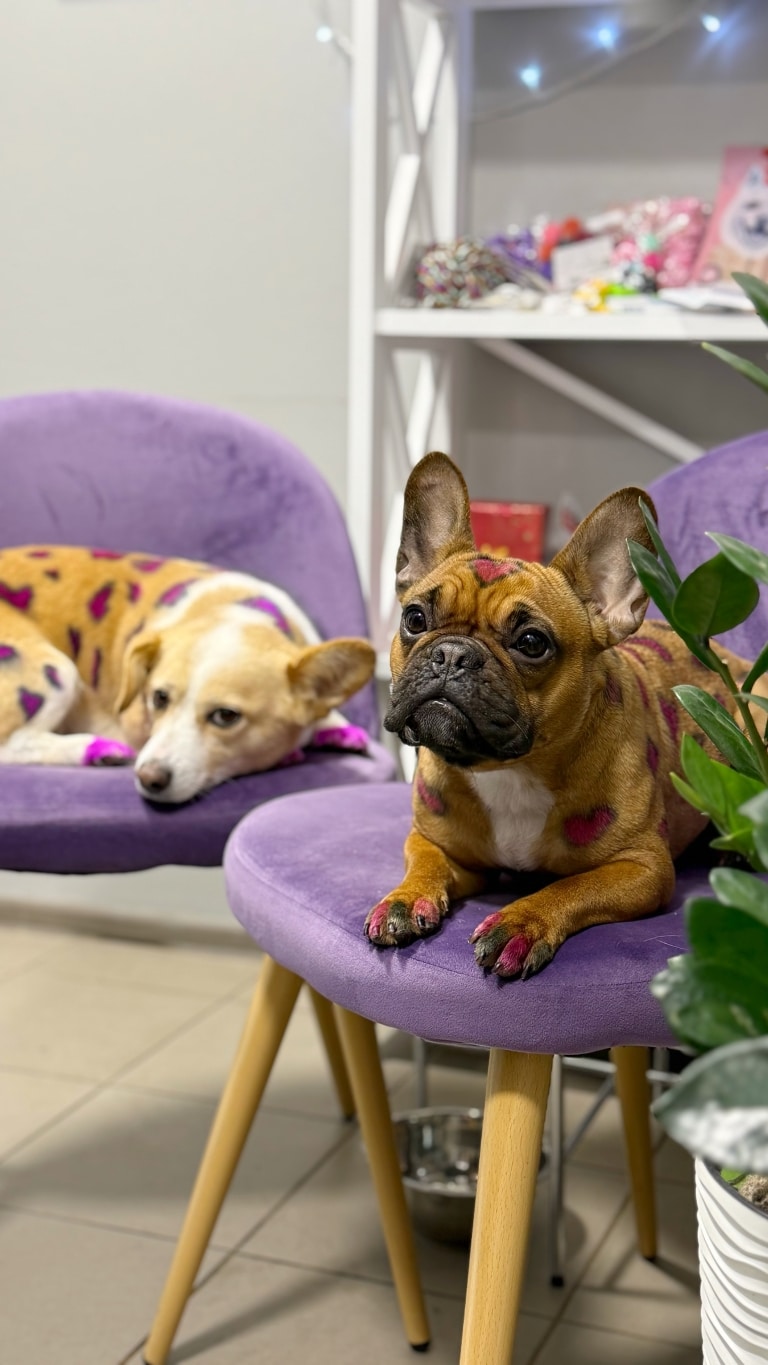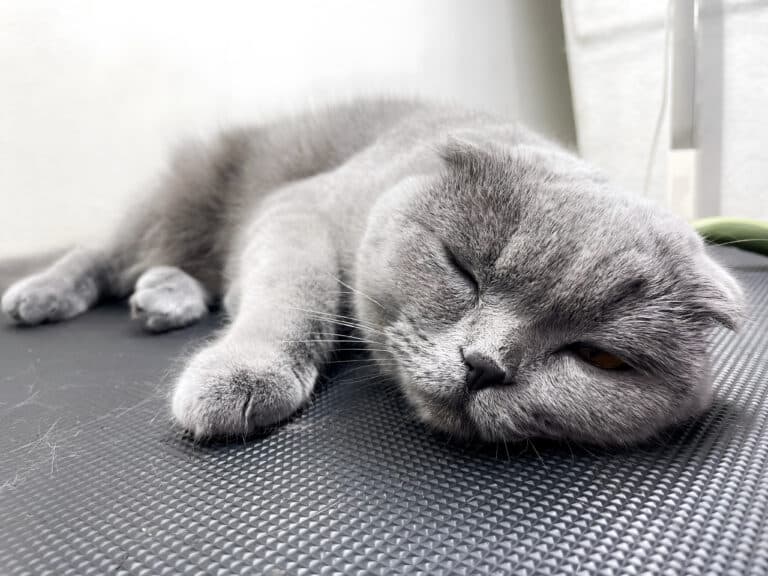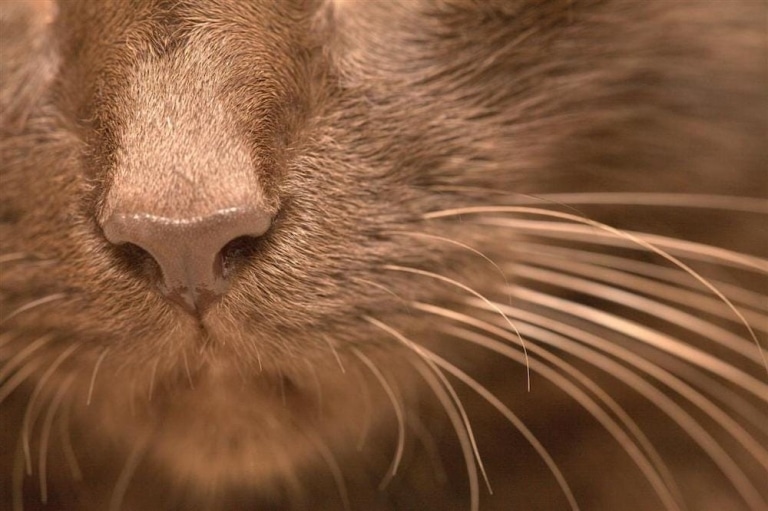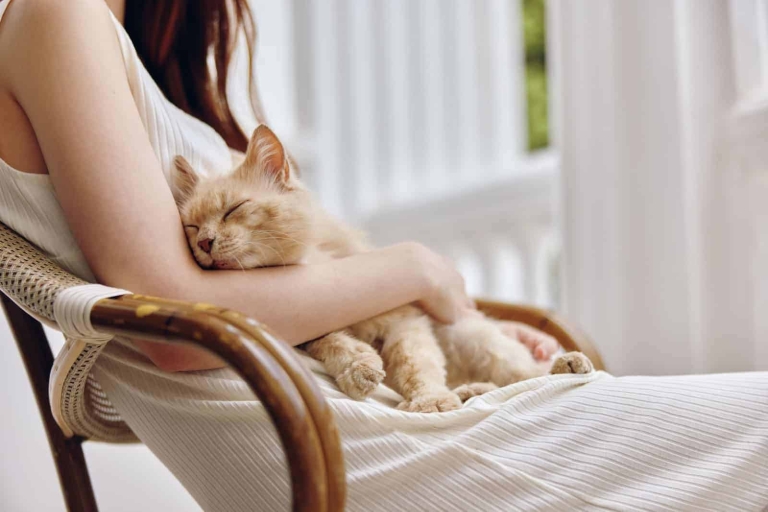Have you ever noticed that the behavior of cats and cats changes depending on the sexual cycle in their body? For example, cats behave specifically during the period called “heat”, which is accompanied by hormonal changes. At this time, special physiological changes occur in the animal’s body, among which is the release of sex hormones estrogen. It is because of this process that the cat becomes more affectionate, makes unusual sounds, rubs against objects and the owner and rolls on the floor. The cat may also start marking the territory, be more excited or, on the contrary, apathetic.
Similar behavior can be observed in a cat that smells the scent of valerian and the smell of products with the addition of bleach, better known as chlorine. Why does the smell of chlorine affect cats in this way? Let’s try to understand.
Why cats react to the smell of chlorine products
Some experts believe that it is calcium hypochlorite (chlorine) compounds that act on the body of cats and cats like pheromones – biologically active substances that the organism releases to communicate with other individuals of the species. They influence the behavior and physiological state of animals, attraction of sexual partners and marking of their territory. That is why the smell of chlorine, according to these experts, and causes such a special, slightly unbalanced behavior in pets.
There is also another opinion. The sense of smell of cats is extremely developed, and the sharp chemical smell of chlorine very strongly stimulates the sensitive receptors of this animal and causes unusual for him behavior, similar to euphoria. This reaction is a manifestation of very strong excitement from an odor that is intense for a cat. But, to the surprise of pet owners who generally dislike the smell of chlorine, cats and felines love it intensely.
However, it is worth remembering that products for cleaning the house, disinfecting plumbing and bleaching laundry that contain chlorine in their composition are not safe for the health of pets.
Toxicity of chlorine
It is not without reason that on the packaging of products containing chlorine, you can find a sign that warns of the danger of getting this poisonous component on the skin or inside the body. If such instructions are followed, you can avoid chemical burns of the skin and mucous membranes, as well as poisoning by chlorine vapors when using it indoors. Therefore, do not allow your cat to lick residue from the freshly cleaned floor and keep liquid bottles and dry powder packets that contain chlorine out of reach. This prevents your pet from licking the bottle cap or tearing the bag. And, of course, do not forget to ventilate the room during cleaning, washing and for some time afterwards.
If you still suspect chlorine poisoning in your pet, it is worth knowing the main symptoms that may indicate this problem.
Symptoms of chlorine poisoning
So, pet owners just need to familiarize themselves with the signs of chlorine poisoning that can be observed in cats. These are:
- disappearance of appetite and complete refusal of food;
- diarrhea, vomiting and abdominal pain (the cat sits or lies curled up);
- wheezing due to damaged ligaments;
- bleeding sores in the mouth, foaming from the mouth and profuse salivation (such that the fur around the neck is wet);
- coughing, asphyxiation, chlorine odor from the cat;
- redness of the eyes and eyelids, profuse lacrimation, watery nasal discharge;
- lethargy, limb cramps and loss of consciousness.
What to do to the owner in case of chlorine poisoning of the pet
At the slightest suspicion of chlorine poisoning or signs of intoxication, the first step is to call your veterinarian immediately. At the same time, open the windows and doors of the room where the poisoning has occurred.
Never try, without medical advice, to rinse the animal’s stomach and give it to drink large amounts of water, milk or other substance. This may worsen the condition of the pet in case of poisoning by caustic substances, and vomiting, which is likely in such a case, may cause repeated burns of the esophagus.
If necessary and approved by a veterinarian, the pet’s eyes, mouth and fur can be quickly and abundantly rinsed with running water.
Then, as soon as possible, it is necessary to take the pet to a veterinary clinic, where specialists will provide him with the necessary medical care. If there is an opportunity to call a veterinary ambulance at home, it is better to choose this service. After all, in such a situation, you can not lose a minute.
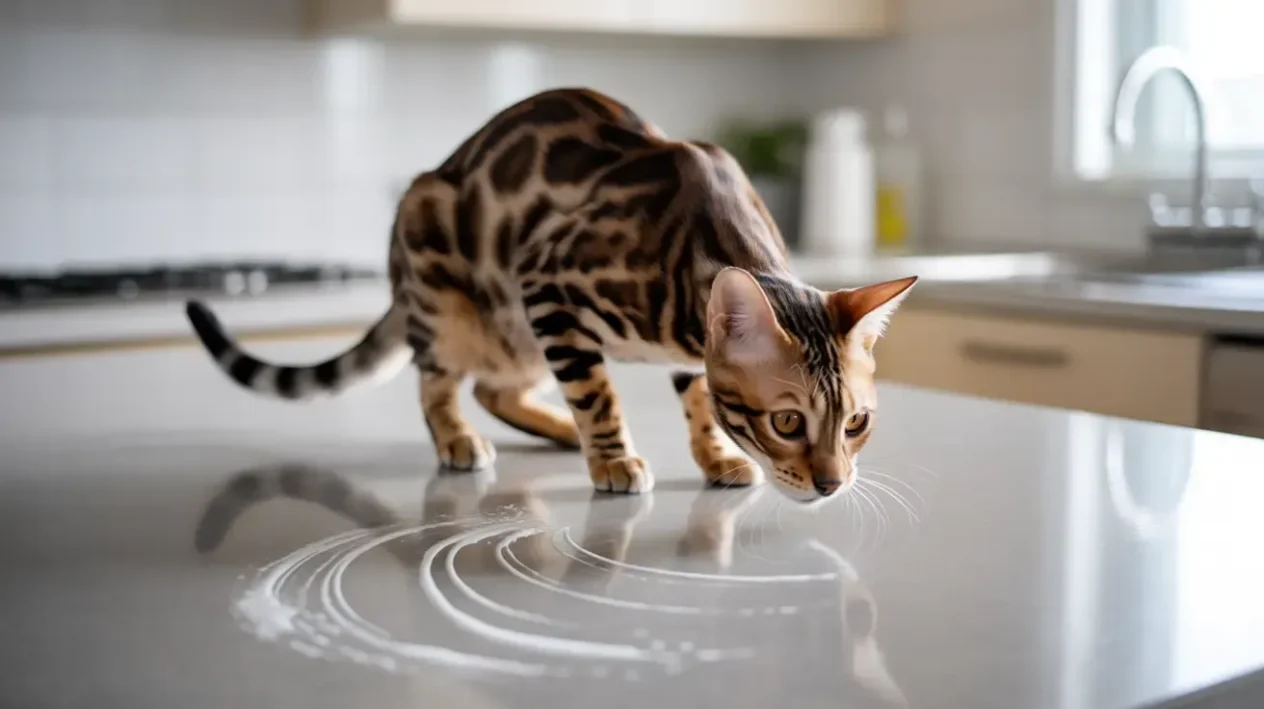
Methods that will help to keep kittens safe
There are some simple and effective ways that will help keep your pet safe from unwanted chlorine poisoning at home. Namely:
- Keep products that contain chlorine in closed drawers and cabinets that the cat can’t get to;
- always ventilate the room during and after cleaning;
- after using disinfectants, always wipe all surfaces clean so that no chlorine remains on them;
- when cleaning the room, it is better to take the cat out of the house or leave it in another room;
- when soaking laundry in bleach, close the bathroom tightly to prevent your pet from getting in;
- if there is no special need for chlorine-containing substances, it is better to use popular eco-medicines, which have only safe components in their composition and effectively cope with their task.
Be vigilant and take care of your pets, because they, like children, need love, attention and care.

